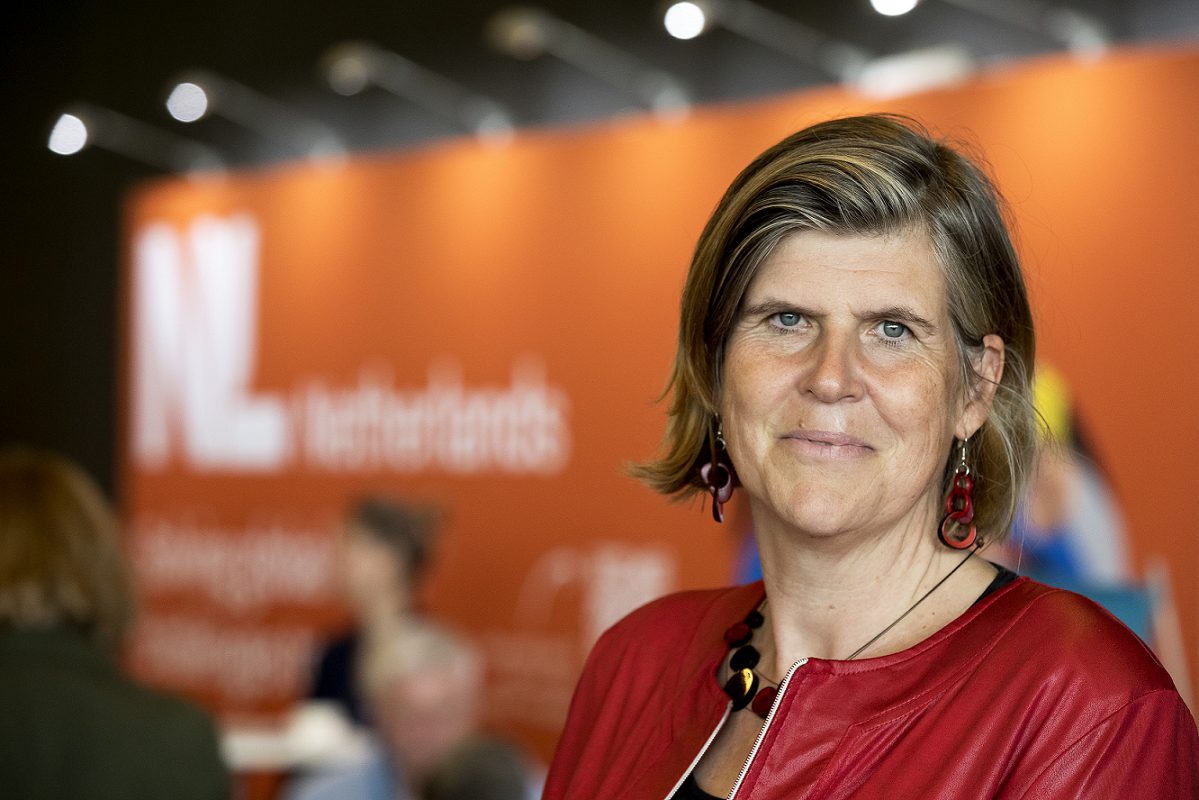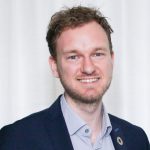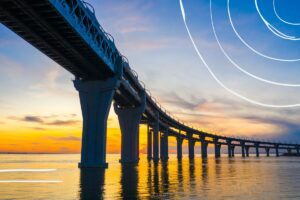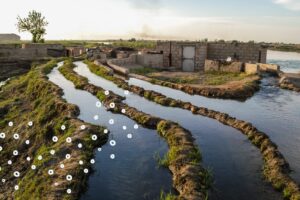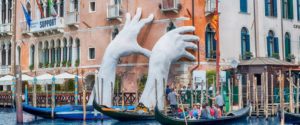Curiosity and Commitment. A Conversation with Meike van Ginneken
“(It is) vital for the global community to operate faster, better and more dynamic, but also to be self-assured enough to know that we have the skillset to meet the challenges ahead.”
The UN 2023 Water Conference
One of the things to build on is the UN 2023 Water Conference which took place in March this year. The first high-level UN Water Conference in almost 50 years was co-hosted by the Netherlands and Tajikistan. A milestone for van Ginneken that “put water clearly at the heart of the political global agenda.” Reflecting on the conference she points out that it went “much beyond what the UN usually does in terms of inclusivity.”
The main conference outcome is the “Water Action Agenda”, a document with over 800 commitments that aim to accelerate progress towards Sustainable Development Goal 6 on clean water and sanitation. For van Ginneken the conference marked a starting point, “The launching pad was the March conference. Now we are in implementation and I’m very excited to see the commitments being implemented.” She argues that it will be vital for everyone to “do what they promised while not pointing fingers at others.” Van Ginneken continues that “cooperating and helping each other out will be a pre-condition for a critical mass of commitments to succeed, which will ultimately help make the world a better place.”
Bridging borders
A key obstacle towards a more water secure world remains cross sectoral cooperation which according to van Ginneken “is still a challenge for us. Solving global crises will require bridging borders and not only talking to each other within the water sector.” Having worked with a broad range of development issues, she argues that while “we often feel siloed in the water community, sectors such as energy and agriculture are as siloed as we are.” For van Ginneken, a way to overcome this challenge is to draw lessons from local and national levels, “If you talk to a women’s group in India, a farmers’ association in Latin America, or a major utility in West Africa they usually don’t feel the siloes as they live in a village, city, or country where there are obvious connections.”
A priority for her is the connection between water and agriculture, “About 70 percent of water usage goes back to agriculture. If we don’t get this right, we are not going to make much progress.” To her bridging borders also means going out of the comfort zone and “making sure the people around the table are not only the same old faces.”
Concern and hope
Looking ahead she sees both reason for concern and hope, “For the first time in human history, humanity has altered the water cycle, and we need to work on this.” Though van Ginneken is convinced that “we do have the skills to solve this.” Pointing out progress that has been made she explains, “if you look back 20 years, you can see more and more people having access to a drinking water source. And while the intensity of floods is increasing, less people are dying, because of good basin management and early warning systems.”
For van Ginneken it is “vital for the global community to operate faster, better and more dynamic, but also to be self-assured enough to know that we have the skillset to meet the challenges ahead.” With a sense of urgency, she highlights: “From here onwards it is all about action, action, action.”
